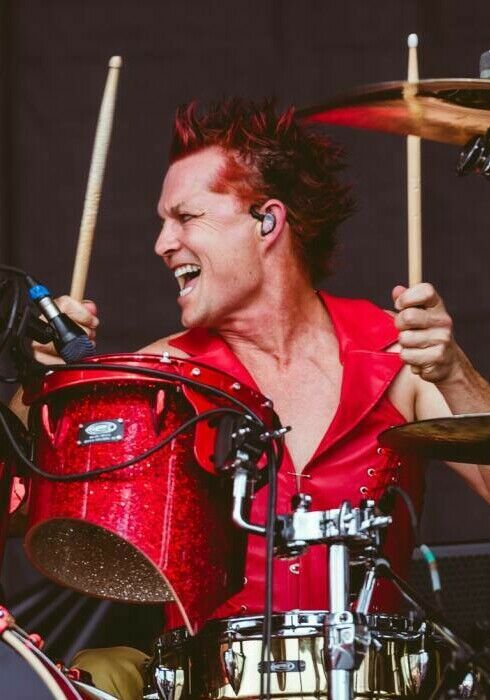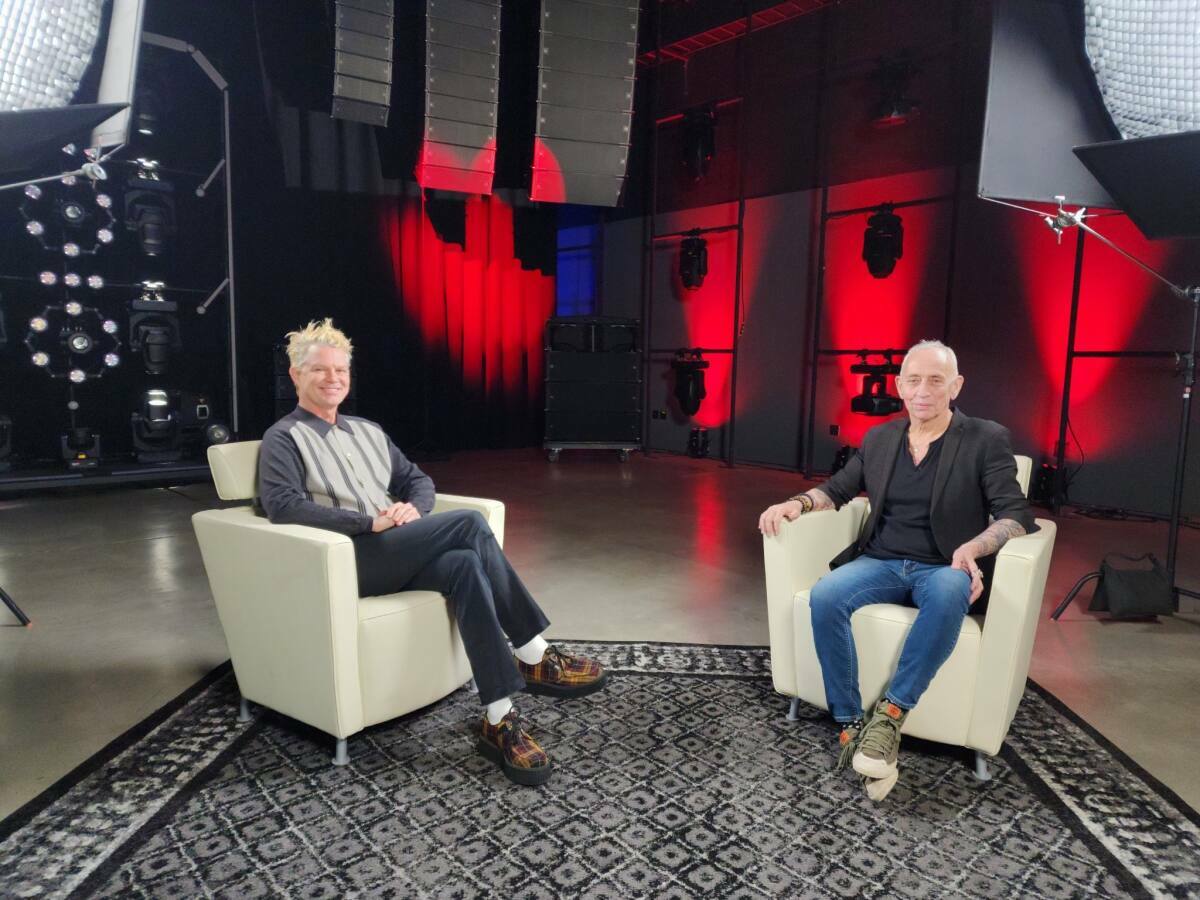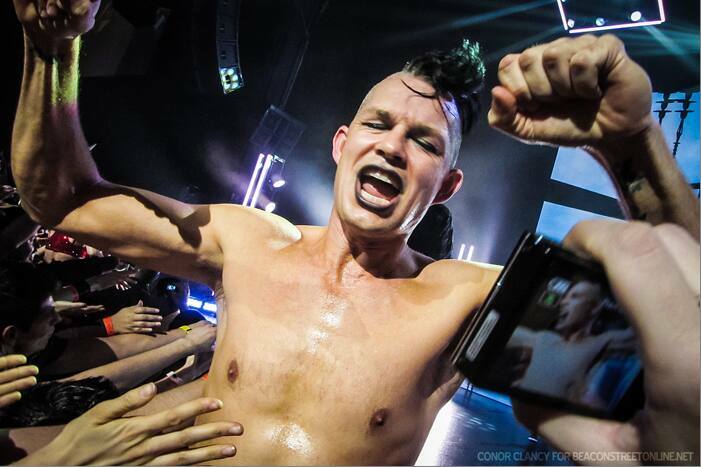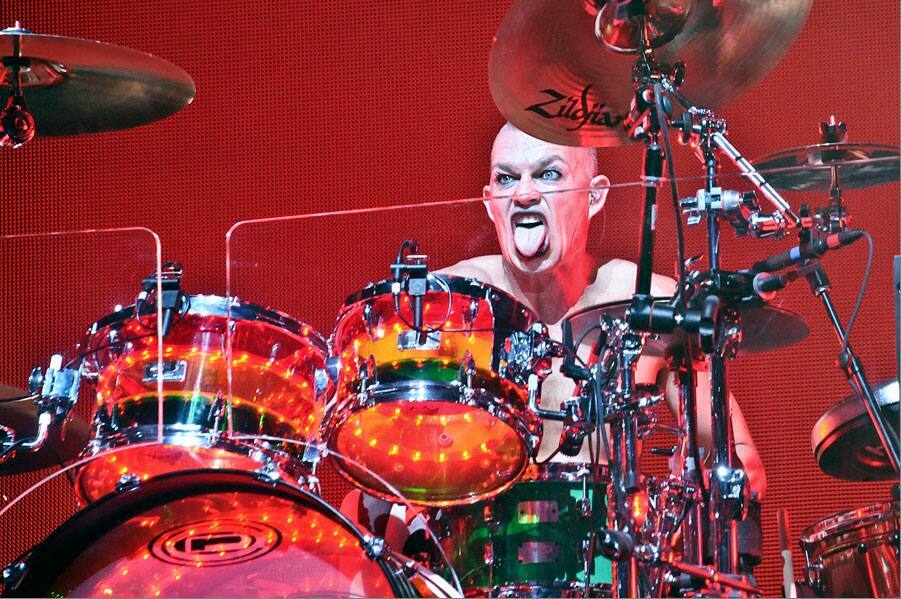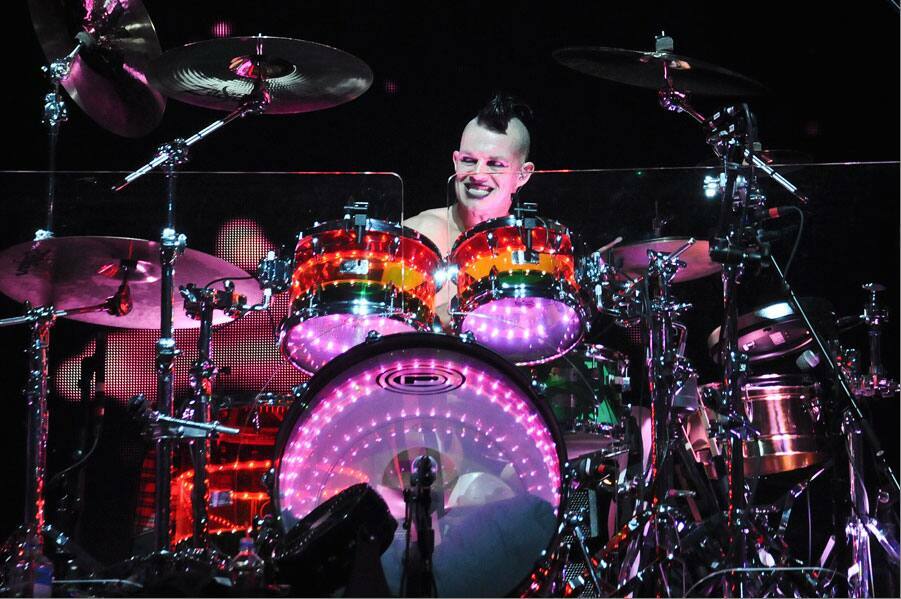As part of AKG’s Stories Behind the Sessions Series, legendary radio and television presenter, producer and journalist Nic Harcourt catches up with No Doubt drummer and producer Adrian Young on making No Doubt's platinum-certified breakthrough album, Tragic Kingdom.
In April 2024, No Doubt headlined the Coachella music festival – making it the first time the band performed together since 2015. No Doubt has amassed a wealth of achievements since forming in 1986, including releasing several multi-platinum albums (1995’s diamond-certified Tragic Kingdom, 2001’s Rock Steady and a 2003 singles collection) and a string of chart-topping hits including Just A Girl, Don’t Speak, Hey Baby, Hella Good, Underneath It All and It’s My Life.
At first overlooked by radio, the once-underdogs went on to mainstream success and sold out multiple international tours, winning two Grammy Awards and five MTV Video Music Awards, and were invited to perform for Paul McCartney and the President at the annual Kennedy Center Honors in 2010.
Through all the success, the band members have remained grounded by a long-standing friendship that began when front-woman Gwen Stefani, guitarist Tom Dumont, bassist Tony Kanal and drummer Adrian Young bonded over a shared love of ’80s British New Wave and ska bands. Releasing their last album in 2012, the band’s legacy lives on in their punchy blend of ska-rock, dancehall, and electronic pop.
With Coachella behind them, Young reflects on the band’s struggle to break through commercially in the early ‘90s and how they defied the odds with Tragic Kingdom.
